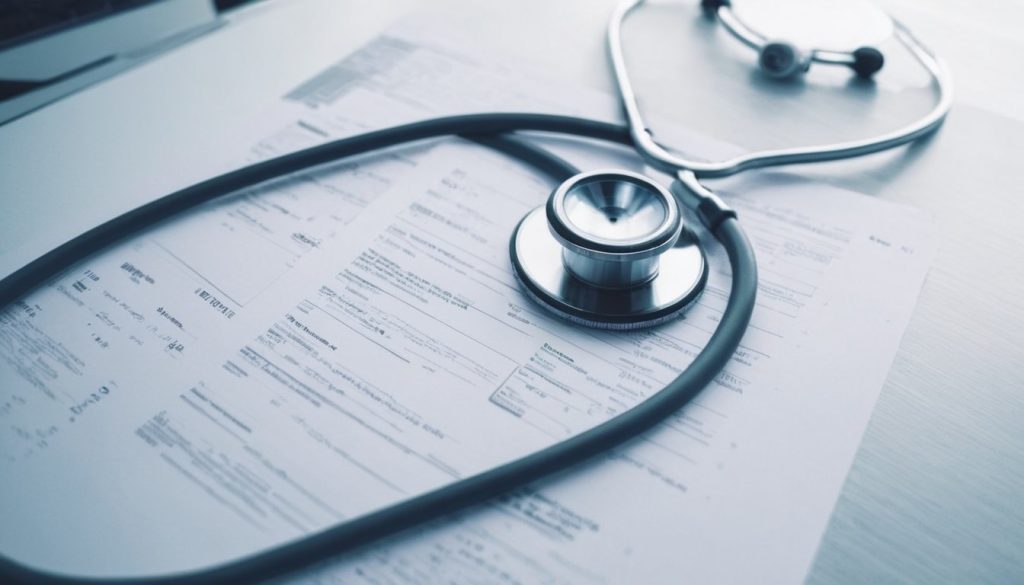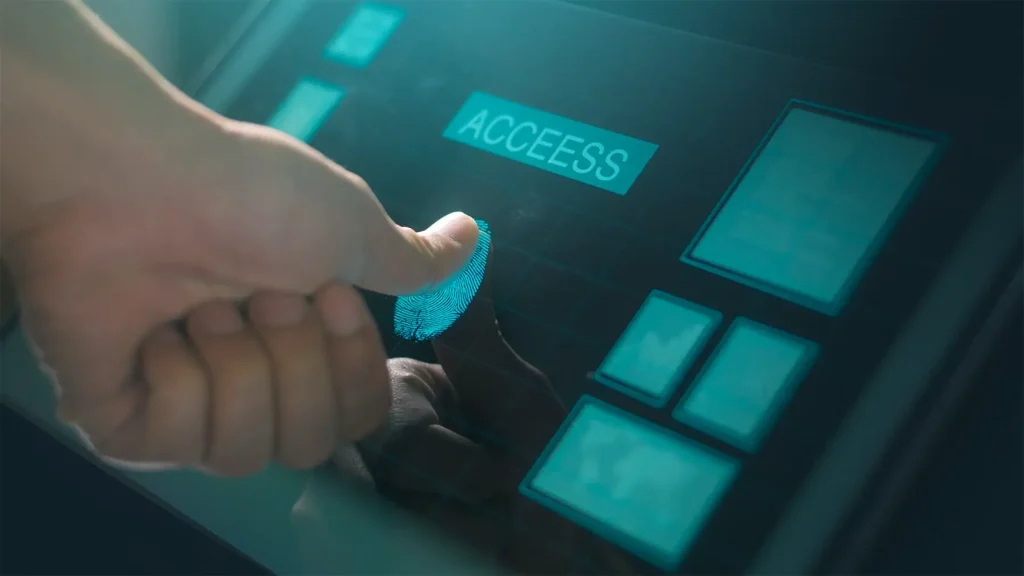In an era where healthcare is increasingly intertwined with technology, the protection of sensitive patient information is paramount. The Health Insurance Portability and Accountability Act (HIPAA) stands as a guardian of patient privacy, and healthcare vendors play a pivotal role in ensuring compliance. This article delves into the realm of data privacy in healthcare and explores how vendors can navigate the complex landscape to keep HIPAA compliant.
1. The Significance of Data Privacy in Healthcare
The digitization of health records and the adoption of electronic health systems have revolutionized healthcare delivery. However, this digital transformation comes with the responsibility to safeguard patient data. Data privacy is not just a legal requirement; it is an ethical obligation to protect the confidentiality and integrity of the sensitive information entrusted to healthcare providers.

2. Understanding HIPAA Compliance
HIPAA, enacted in 1996, sets the standard for protecting sensitive patient data. Covered entities, which include healthcare providers, health plans, and healthcare clearinghouses, must comply with HIPAA regulations. Additionally, business associates, such as healthcare vendors, who handle patient data on behalf of covered entities, are also bound by HIPAA rules. Compliance involves implementing safeguards to ensure the confidentiality, integrity, and availability of patient information.
3. Safeguarding Electronic Protected Health Information (ePHI)
Electronic Protected Health Information (ePHI) is at the heart of HIPAA compliance. Healthcare vendors must adopt robust security measures to protect ePHI from unauthorized access, disclosure, and alteration. Encryption, secure access controls, and regular security assessments are essential components of a comprehensive strategy to safeguard ePHI.
4. Comprehensive Employee Training
Ensuring HIPAA compliance requires a collective effort, and employees are the frontline defenders of patient privacy. Healthcare vendors should invest in comprehensive training programs to educate employees about HIPAA regulations, the importance of data privacy, and the specific measures in place to protect patient information. Well-informed employees are key assets in maintaining a HIPAA-compliant environment.
5. Robust Access Controls and Authentication
Unauthorized access to patient data poses a significant threat to data privacy. Healthcare vendors must implement stringent access controls and multi-factor authentication to ensure that only authorized personnel can access sensitive information. Role-based access ensures that employees have the necessary permissions based on their roles within the organization.

6. Regular Audits and Monitoring
HIPAA compliance is an ongoing process that requires continuous monitoring and evaluation. Healthcare vendors should conduct regular audits to assess their security measures, identify vulnerabilities, and address any issues promptly. Proactive monitoring systems can detect and respond to suspicious activities, providing an additional layer of defense against potential breaches.
7. Secure Data Transmission
In the interconnected landscape of healthcare, data is often transmitted between different entities. Healthcare vendors must prioritize secure data transmission to prevent interception or unauthorized access during transfer. Implementing encryption protocols for data in transit adds an extra layer of security, ensuring that patient information remains confidential throughout its journey.
8. Incident Response and Breach Notification
Despite robust preventive measures, no system is entirely immune to potential security incidents. Healthcare vendors should have a well-defined incident response plan in place to address any security breaches promptly. Additionally, prompt and transparent communication is crucial in the event of a breach, as HIPAA mandates timely notification to affected individuals and relevant authorities.
9. Collaboration with Covered Entities
Healthcare vendors often work in tandem with covered entities, and collaboration is essential for maintaining HIPAA compliance. Clear communication and coordination ensure that both parties uphold their respective responsibilities in protecting patient data. Contracts and agreements should explicitly outline data privacy expectations and compliance measures.
10. Continuous Education and Adaptation
The landscape of healthcare and data privacy is dynamic, with emerging technologies and evolving threats. Healthcare vendors must commit to continuous education and adaptation. Staying informed about the latest security practices, technological advancements, and changes in regulatory requirements is crucial for maintaining HIPAA compliance in the long term.
In conclusion, safeguarding data privacy in healthcare is a shared responsibility that extends beyond the walls of healthcare facilities. Healthcare vendors, as custodians of patient information, play a crucial role in ensuring HIPAA compliance. By implementing robust security measures, fostering a culture of privacy awareness, and adapting to the evolving landscape, healthcare vendors can navigate the digital realm with confidence, upholding the principles of patient confidentiality and trust in the digital age.


